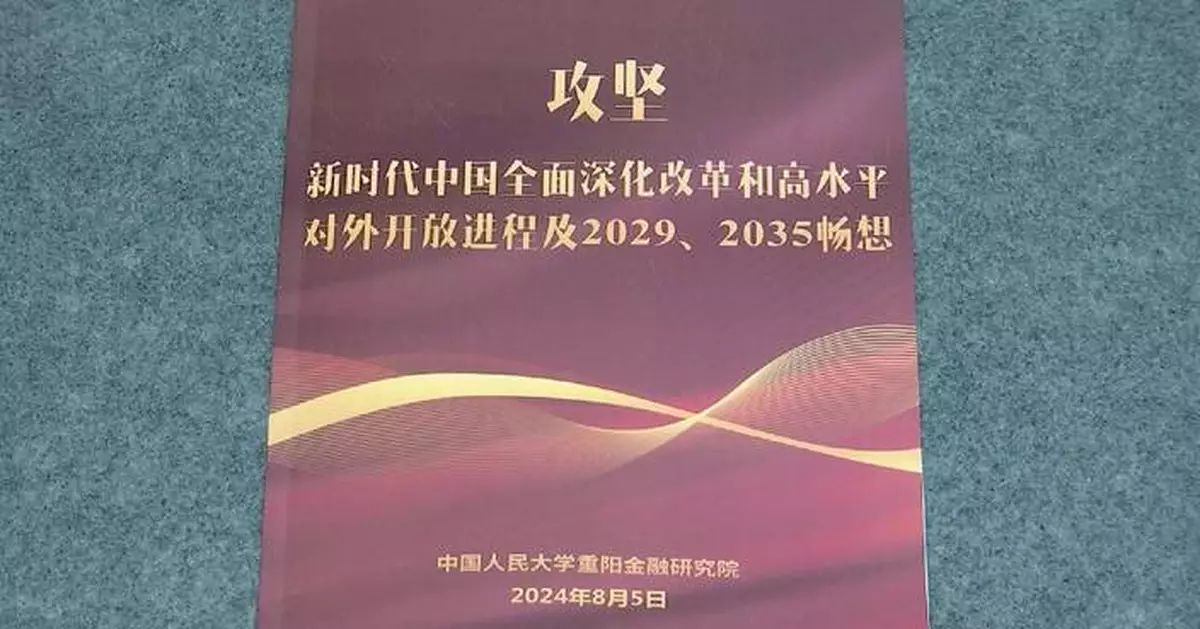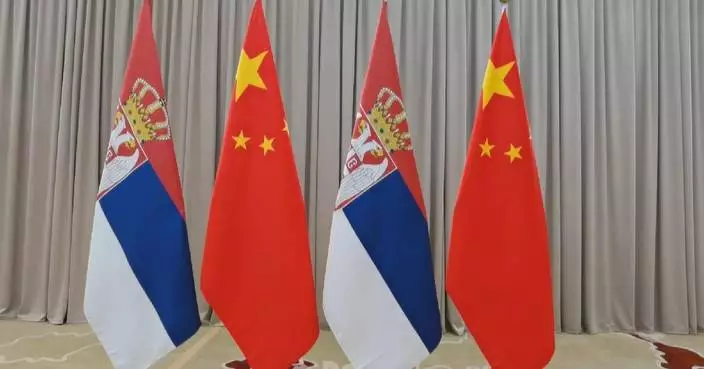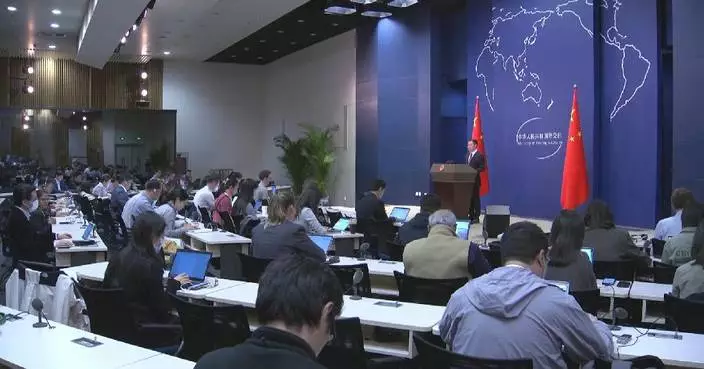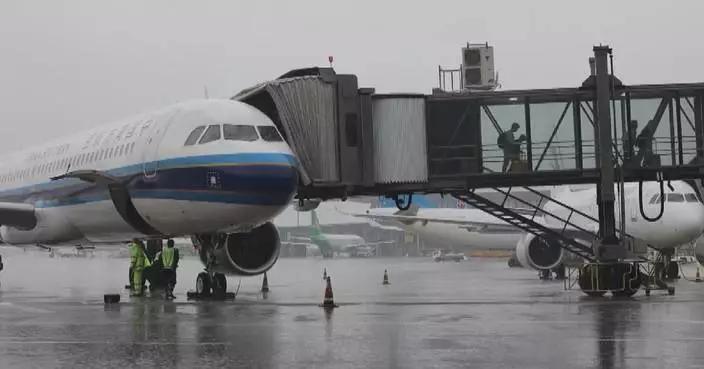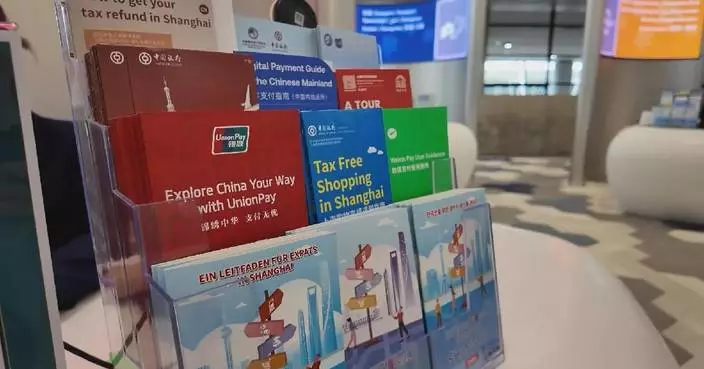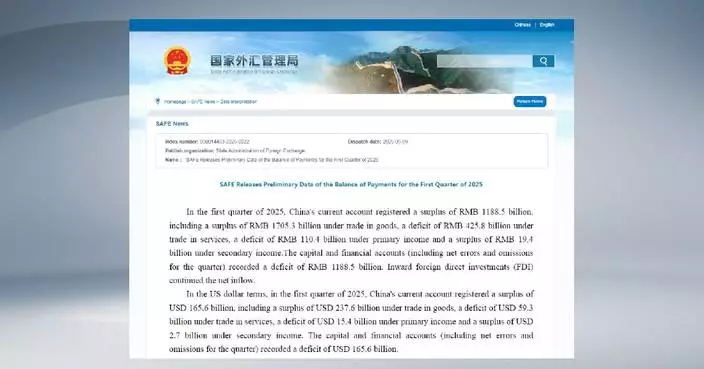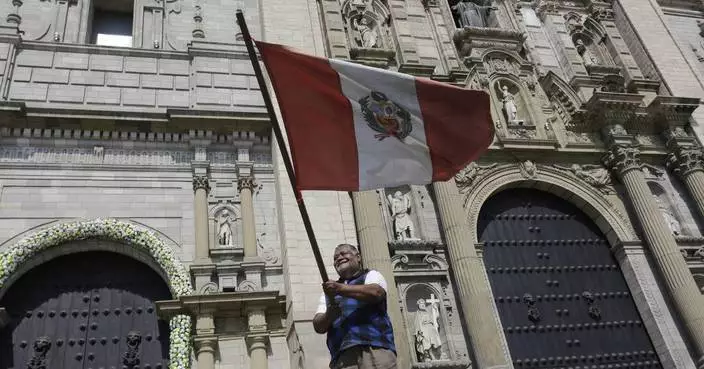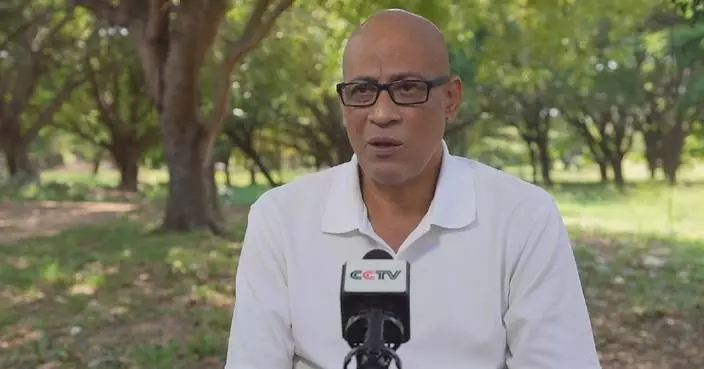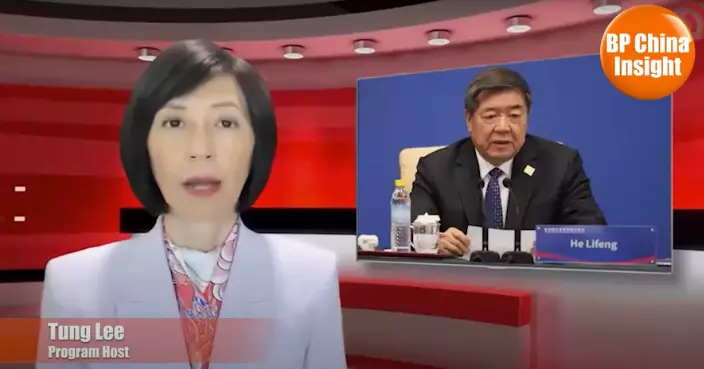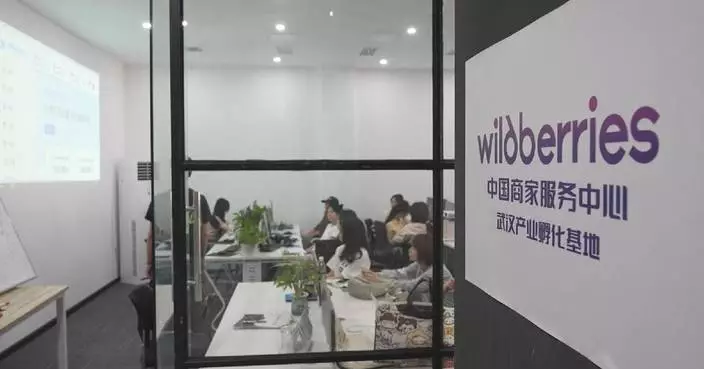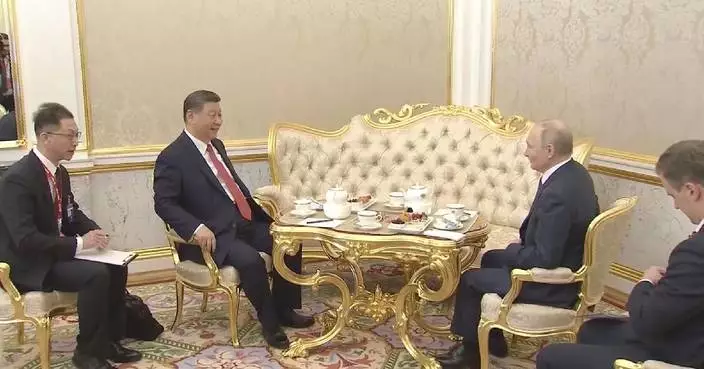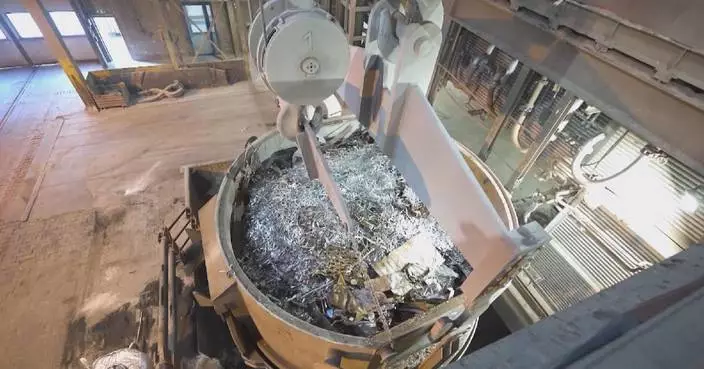Think tanks of China, Russia, Canada and India jointly released a report on China's reform and opening up in Beijing on Monday, which expounds on China's determination to continue advancing reform and opening up.
The report summarizes China's hefty measures of reform in six categories, anti-poverty, anti-closing door, anti-pollution, anti-corruption, anti-hegemony and anti-crises, which gained breakthroughs in the country's reform.
The report believes that the Chinese society is currently facing some sticking points in reform. The more difficulties and challenges it faces, the more reform and opening up should be carried out.
The report also outlines seven visions for the results of China's further comprehensive deepening of reform in 2029 and 2035, namely, a more robust economy, a richer democracy, a more prosperous culture, better living conditions, a greener environment, a safer country, and a firmer pace of development.
"The report intends to respond to the world in three aspects. First, China's past reforms were tangible and have achieved significant results. Second, the report responds to the West as they do not quite understand or even question China's reform. We believe that China's reform is difficult, but the achievements made are huge against these difficulties. Third, the future of reform is bright. Based on the current conditions, we also solicited help from and worked together with international think tanks to imagine China's future. This also responds to the current smearing of China with the so-called 'China peak theory' by some Western media, think tanks and politicians," said Wang Wen, executive dean of the Chongyang Institute for Financial Studies under the Renmin University of China.
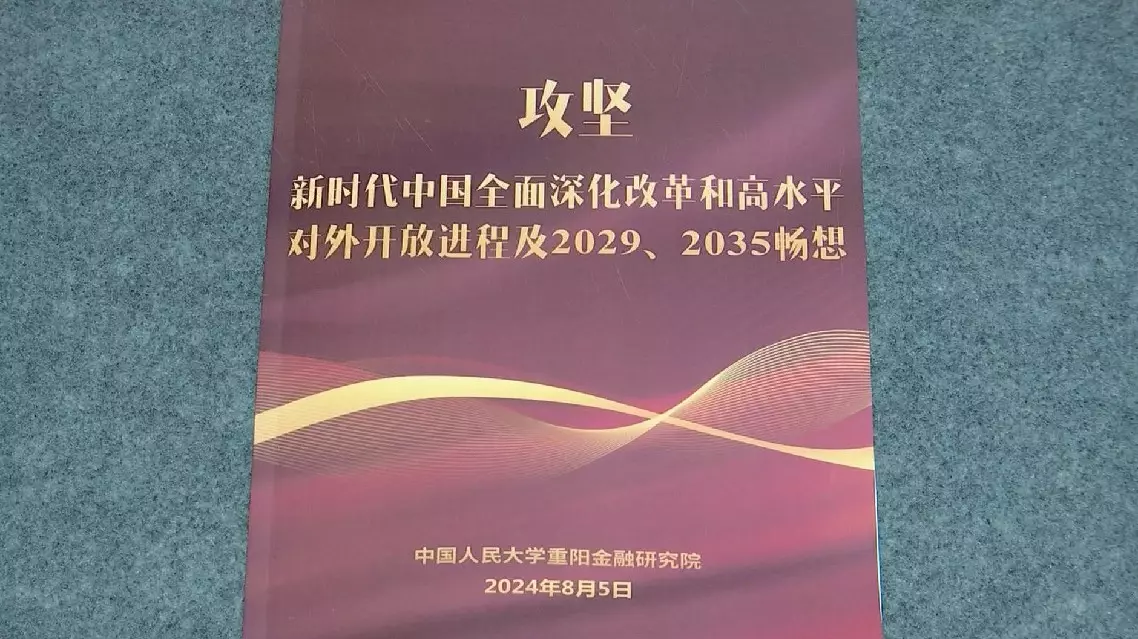
Four think tanks release report to elaborate on China's reform
China and Russia have evolved their historical alliance to become modern builders of peace as they work together to advance the development of multilateral institutions such as BRICS and the Shanghai Cooperation Organization (SCO), according to Sergey Sanakoev, deputy chairman of the Russian-Chinese Friendship Society.
Chinese President Xi Jinping arrived in Moscow on Wednesday for a four-day state visit to Russia at the invitation of President Vladimir Putin, and on Friday attended the celebrations marking the 80th anniversary of the Victory in the Soviet Union's Great Patriotic War.
Xi's visit underscores the deepening comprehensive strategic partnership of coordination for a new era between the two nations and their shared focus on historical remembrance and global cooperation.
In an interview with the China Global Television Network (CGTN), Sanakoev pointed to the important context of the Victory Day celebrations in Moscow, and said that as the two countries that bore the heaviest losses in terms of total casualties in World War II, Russia and China have now learned unforgettable lessons about peace.
"I think that Russia and China have a similar contribution to the victory in the Second World War. If we remember that Soviet people lost 27 million people in this World War. And China, as we know now, the new figure is more than 30 million people lost in this World War, [who died] in this World War. Certainly, we are two countries who know much better than any other country in the world what is the lessons of the Second World War. And if we don't like to have the Third World War, we should keep the results, and we should keep our memory of this victory. And all these [will] keep our understanding of the results of the Second World War. If we change this situation, we will have another World War," he said.
Sanakoev also noted how China and Russia are now leading multilateral groups to create a fairer, more stable international system that makes global war unthinkable in the nuclear age.
"We should take care for our relationship between any other countries. First of all, we should be more honest, more respectful to each other. And this is the new world order, which Russia and China together shows to the world. It's multilateral. It's more fair. And certainly, that's why a lot of countries are trying to join us, to join Russia and China in this movement for the future, for the bright future. That's why we can see how the changes to the memberships of BRICS countries or the Shanghai Cooperation Organizations countries, G20, etc. In these kinds of formats, we are leaders, Russia and China together are leaders," he said.
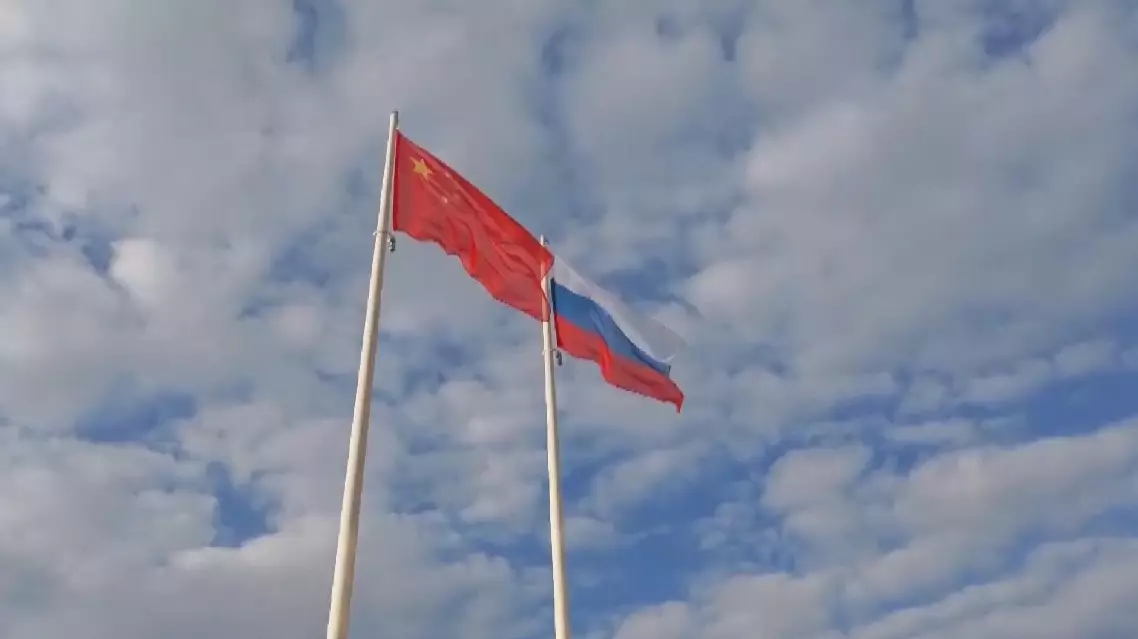
China, Russia working together to build more fair, multilateral world order: expert



